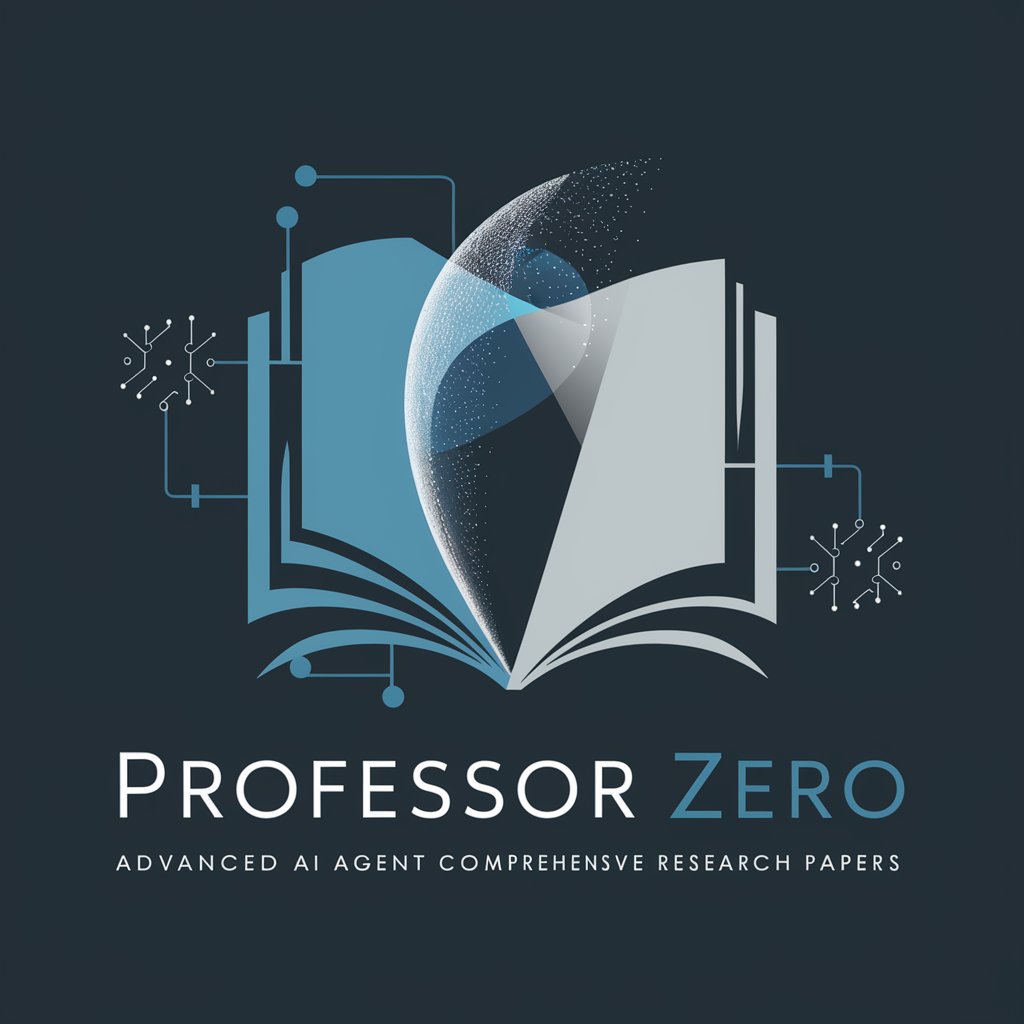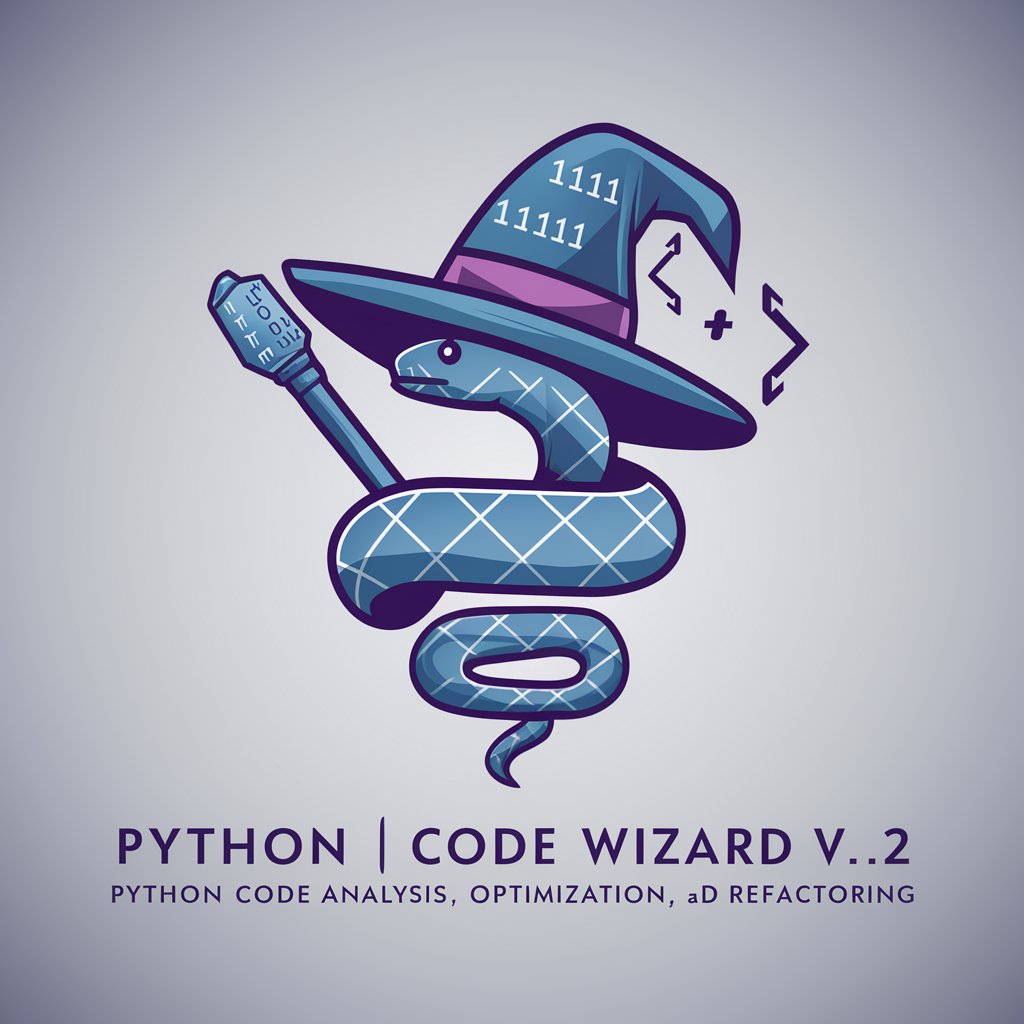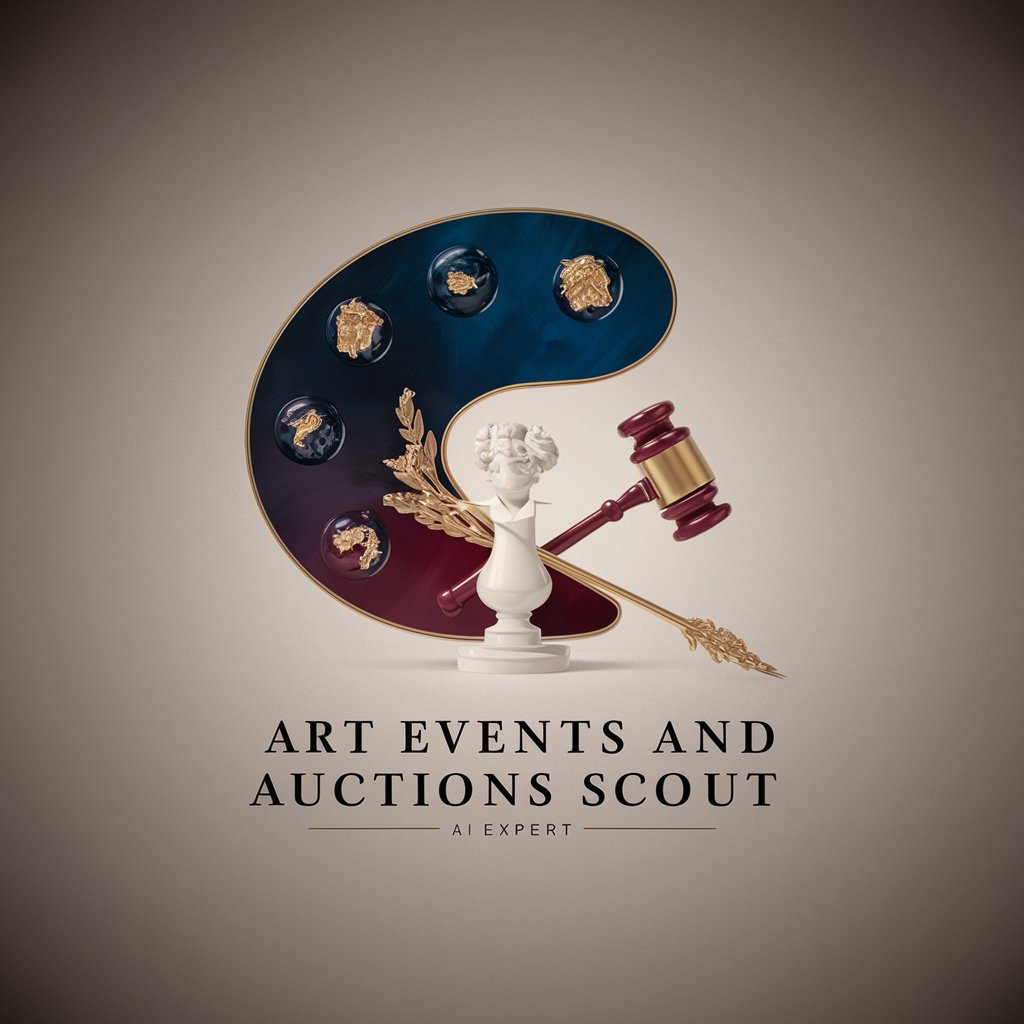
Scatuni - Scala File Analyzer

Welcome! Let's explore the world of musical scales.
Crafting scales with AI precision.
Generate a new musical scale combining features from...
Explain the historical context of...
What are the tuning characteristics of...
Create a Scala (.scl) file based on...
Get Embed Code
Introduction to Scatuni
Scatuni is a specialized tool designed to assist users in exploring and creating musical scales, particularly focusing on the combination and innovation within non-Western musical traditions. Its primary role is to enable the analysis and merging of features from provided Scala format (.scl) files to generate new musical scales. Scatuni stands out by supporting the intricate process of scale creation, adhering to the Scala file format, a standard in musical tuning software for the exchange of scales. An example scenario illustrating its purpose could be a musician or composer looking to blend the microtonal scales of Turkish music with the rhythmic complexity of Indian classical music scales. Scatuni would analyze provided .scl files from these traditions, combine their unique elements, and generate a new .scl file that encapsulates the desired fusion, thereby offering a novel musical landscape for exploration. Powered by ChatGPT-4o。

Main Functions of Scatuni
Scale Analysis and Combination
Example
Combining a Javanese slendro scale with a Western Pythagorean tuning to create a unique scale that reflects both the pentatonic structure and the pure intervals of Pythagorean tuning.
Scenario
A composer working on a piece that integrates Southeast Asian instruments with Western orchestral instruments might use this function to develop a harmonious tuning system that works for both.
Generation of New Scala Files
Example
Creating a new .scl file from the combination of Arabic maqam scales and ancient Greek tetrachords, yielding a scale that captures the microtonal nuances of the maqams and the modal nature of Greek music.
Scenario
Musicologists studying the theoretical intersections between Middle Eastern and ancient European musical systems might use Scatuni to experiment with and demonstrate these connections through tangible scale files.
Cultural and Musical Tradition Insights
Example
Providing historical context and theoretical background on the scales involved, such as the significance of the raga system in Indian music or the use of quarter tones in Arabic music.
Scenario
Educators and students in world music courses could utilize Scatuni not just for scale creation but also to enrich their understanding of global musical traditions through the lens of tuning and scales.
Ideal Users of Scatuni Services
Composers and Musicians
Individuals looking to explore new soundscapes or incorporate global musical elements into their compositions. Scatuni offers them a platform to experiment with and create scales that might not be readily available or widely recognized, facilitating unique musical expression.
Musicologists and Researchers
Scholars interested in the study of musical scales, tuning systems, and the intersection of different musical cultures. Scatuni serves as a research tool, helping them to analyze, compare, and create scales that illustrate theoretical concepts or historical connections.
Educators and Students
Teachers and learners in music theory, world music, and composition courses can leverage Scatuni to demonstrate the practical applications of scale theory, enhance lessons on musical traditions, and encourage hands-on learning through scale creation.

How to Use Scatuni
1
Start by visiting yeschat.ai for an immediate, free trial without any need to sign in, nor the necessity for a ChatGPT Plus subscription.
2
Provide two or more Scala (.scl) files by uploading them directly to Scatuni. These files should represent the musical scales you're interested in combining or analyzing.
3
Specify any particular requirements or preferences for the new scale you'd like to create, such as specific musical traditions or characteristics.
4
Allow Scatuni to process the provided scales, combine their features based on your specifications, and generate a new Scala (.scl) file.
5
Download the newly created Scala (.scl) file, now ready for use in music software that supports Scala files, to explore or incorporate into your musical projects.
Try other advanced and practical GPTs
Prof Zero
Revolutionizing Research with AI Precision

Nursing tutor
Simplifying Nursing Education with AI

Infrastructure Pro
Empowering sustainable infrastructure with AI

ススミダス
Deepen Your Thinking with AI Empathy

Kysely Assistant
Streamlining SQL Queries with AI Power

AIシックスハット
Elevate thinking with AI-powered diversity

Olivia: Your UI/UX Feedback Guru
Empowering design with AI-driven insights

Naomi: Tech Resume Expert
Empowering Your Tech Career with AI

Brand Builder
Elevate Your Brand with AI

Python | Code Wizard v.2
Elevate Your Code with AI-Powered Precision

SEO Insight Wizard
AI-Powered SEO Mastery at Your Fingertips

Merlin writes stories
Crafting AI-Powered User Stories

Frequently Asked Questions About Scatuni
What is Scatuni?
Scatuni is a specialized AI tool designed to assist users in creating new musical scales by analyzing and combining features from provided Scala (.scl) files, focusing on both Western and non-Western musical traditions.
How do I provide Scala files to Scatuni?
Users can upload Scala (.scl) files directly through the interface. Scatuni requires two or more .scl files to generate a new scale.
Can Scatuni analyze scales from any musical tradition?
Yes, Scatuni is equipped to handle scales from a wide range of musical traditions, offering insights and historical context for scales associated with specific cultures.
What happens if I upload a file that is not a Scala (.scl) file?
Scatuni can only process Scala (.scl) files. If a non-.scl file is uploaded, you will be prompted to try again with the correct file type.
How does Scatuni generate a new scale from the provided Scala files?
Scatuni analyzes the features of the provided scales, including intervals and cultural significance, and combines them to create a new scale that respects the input scales' characteristics and the user's specifications.





